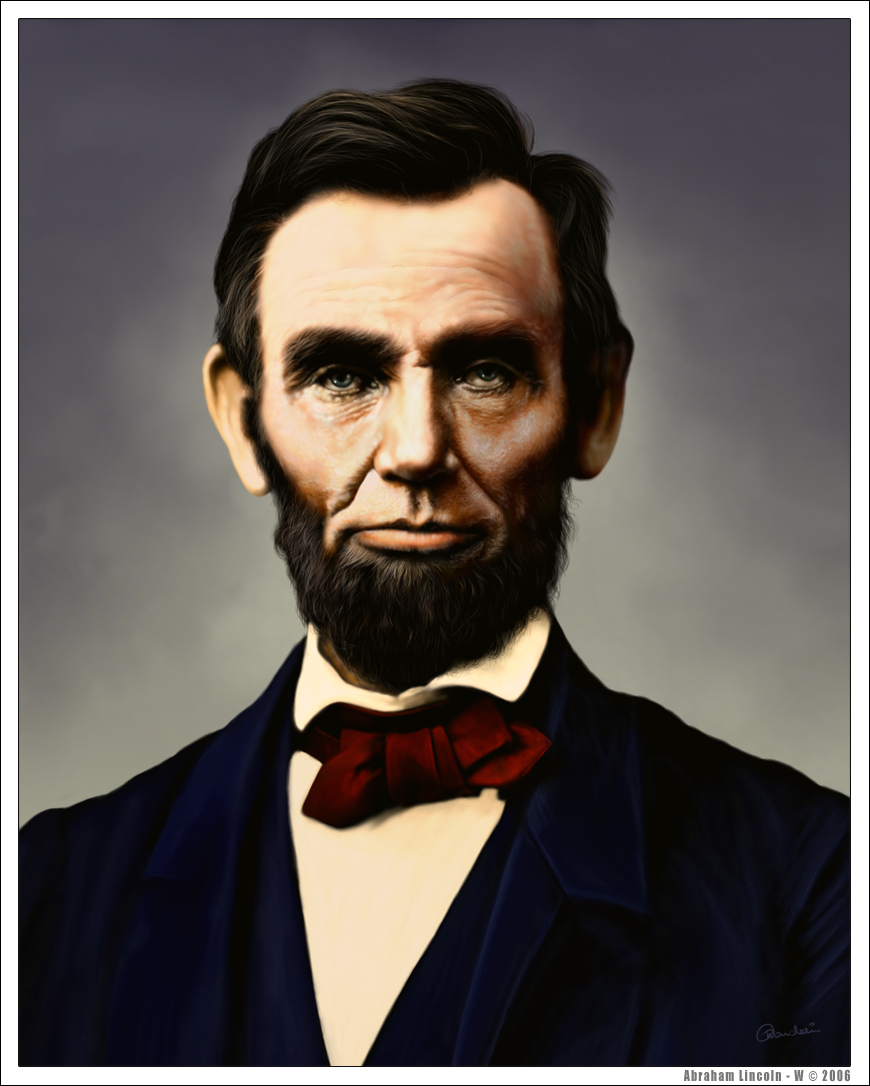Understanding The Presidency Of Abraham Lincoln
Abraham Lincoln, the 16th President of the United States, is a pivotal figure in American history, known for his leadership during one of the nation’s most tumultuous periods. His presidency spanned a critical era marked by civil unrest, the Civil War, and the fight for emancipation. The question of when was Abraham Lincoln president invites us to explore not just the dates, but the profound impacts of his leadership and decisions during this period. The years between 1861 and 1865 were not only significant for Lincoln but also for the entire nation as it navigated through the challenges of unity, freedom, and equality. His dedication to preserving the Union is a testament to his character and vision for America.
During his presidency, Lincoln faced monumental challenges, including secession, military conflict, and the moral implications of slavery. Understanding when Abraham Lincoln was president allows us to appreciate the complexities of his administration and the legacy he left behind. His tenure set the stage for transformative changes in American society, influencing future generations and shaping the nation’s identity.
As we delve deeper into the timeline and events of Lincoln's presidency, we will uncover the milestones that defined his leadership and examine how his decisions continue to resonate today. From the issuance of the Emancipation Proclamation to his tragic assassination, Lincoln's presidency remains a pivotal chapter in American history that deserves a closer look.
What are the Key Dates of Lincoln's Presidency?
Abraham Lincoln served as president from March 4, 1861, until his assassination on April 15, 1865. His presidency was framed by significant events that shaped the nation:
- March 4, 1861: Lincoln is inaugurated as the 16th President.
- April 12, 1861: The Civil War begins with the attack on Fort Sumter.
- January 1, 1863: The Emancipation Proclamation takes effect.
- November 19, 1863: Lincoln delivers the Gettysburg Address.
- April 14, 1865: Lincoln is shot by John Wilkes Booth.
- April 15, 1865: Lincoln dies from his injuries.
What Was Lincoln's Early Life Like?
To understand when Abraham Lincoln was president, we must first look at his early life. Born on February 12, 1809, in a log cabin in Hardin County, Kentucky, Lincoln faced numerous challenges growing up in a poor family. His early experiences shaped his views on democracy, equality, and human rights.
Abraham Lincoln's Biography
| Attribute | Details |
|---|---|
| Full Name | Abraham Lincoln |
| Birth Date | February 12, 1809 |
| Birth Place | Hardin County, Kentucky |
| Death Date | April 15, 1865 |
| Presidency | March 4, 1861 - April 15, 1865 |
| Political Party | Republican Party |
| Major Accomplishments | Emancipation Proclamation, Preservation of the Union |
How Did Lincoln Become President?
Lincoln's journey to the presidency was marked by his rise through the political ranks. He began his political career as a member of the Whig Party and later joined the newly formed Republican Party. His debates with Senator Stephen A. Douglas during the Illinois Senate race in 1858 gained him national recognition, even though he lost that election. In 1860, Lincoln was elected president due to the divided state of the Democratic Party and the growing influence of the Republican Party.
What Were the Major Challenges During Lincoln's Presidency?
From the outset, Lincoln faced immense challenges that would test his leadership:
- The Civil War: The most significant challenge was the Civil War, which erupted shortly after he took office.
- Secession: Several Southern states seceded from the Union, leading to conflict.
- Slavery: The issue of slavery was central to the conflict and Lincoln’s moral beliefs.
- Political Opposition: Lincoln faced opposition from both Democrats and even some Republicans.
What Were the Key Accomplishments of Lincoln’s Presidency?
Despite the challenges, Lincoln achieved several significant accomplishments during his presidency:
- Emancipation Proclamation: Issued in 1863, it declared freedom for all slaves in Confederate-held territory.
- Preservation of the Union: Lincoln’s primary goal was to maintain the United States as a unified nation.
- Gettysburg Address: Delivered in 1863, this speech redefined the purpose of the war and emphasized equality.
- Thirteenth Amendment: Lincoln supported the amendment that abolished slavery in the United States.
Why is Lincoln Considered a Great President?
Lincoln’s legacy is characterized by his commitment to democracy and his visionary leadership. He is often regarded as one of America’s greatest presidents because of his ability to navigate the nation through its most challenging times. His emphasis on unity, freedom, and human rights resonates to this day.
What Can We Learn from Lincoln's Presidency Today?
Lincoln’s presidency offers valuable lessons that remain relevant in today's political climate:
- Leadership: Effective leadership requires courage, vision, and compassion.
- Unity: The importance of unity in overcoming national challenges.
- Empathy: Understanding diverse perspectives is essential for progress.
When Was Abraham Lincoln President and What is His Lasting Impact?
In conclusion, when was Abraham Lincoln president? His presidency from March 4, 1861, to April 15, 1865, was a defining period in American history characterized by the fight for freedom, unity, and equality. Lincoln's decisions and actions during this time not only shaped the trajectory of the United States but also established a legacy that continues to inspire leaders and citizens alike. His profound impact is remembered annually during various commemorations and celebrations of his life and achievements.
Understanding The Jaws Budget: Behind The Scenes Of A Cinematic Masterpiece
Unraveling The Origins: Where Was Pablo Escobar Born?
Remembering Johnny Cash: The Legend And His Death Date


